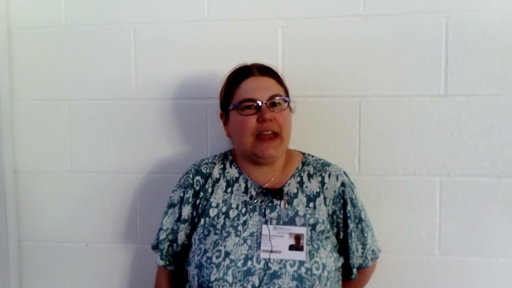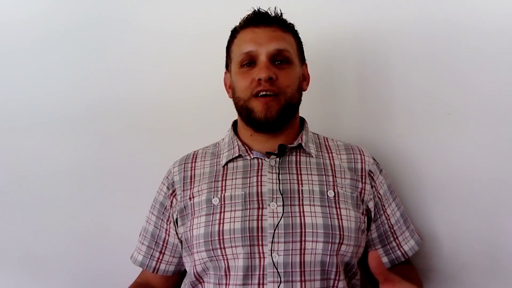5 Motivation: understanding why people do citizen science
When asking the question ‘Why do citizen science?’, it is important to consider the driving factors behind it. For example what might motivate participants to become involved, giving their free time to scientific research, as well as why scientists and other people might seek to initiate and deliver projects.
Individual motivation: A review of motivations behind environmental volunteering suggests that people participate for reasons that are either intrinsic (e.g. they find the activity satisfying) or extrinsic (e.g. it confers other benefits such as helping to promote career advancement). The driving motivations behind participation in citizen science are similar but vary, based on the type of project, with intrinsic and extrinsic factors ranging from personal growth and gain to being of benefit to others and core to individual values. Digital technology can expand these motivating factors through the integration of games, competition, rewards or reputation building (Geoghegan et al., 2016).
For many people who do citizen science as part of their jobs, it is more than that. As individuals, they can be personally motivated or involved in their work projects or sometimes as participants in other initiatives of interest.
While out at about at citizen science meetings and events in the UK and abroad, Janice Ansine, Senior Project Manager – Citizen Science in the Open University’s STEM Faculty and author of this week, captured the views of a few people involved in citizen science as part of their work from a range of projects, organisations and institutions, asking what drew them to citizen science.

Transcript: Video 1 Why citizen science?

Transcript: Video 2 Why citizen science?
Video 1 participants: Kate Lewthwaite, The Woodland Trust; Jake Morris, Department for Environment, Food and Rural Affairs; Dr. Michael Pocock, Centre for Ecology and Hydrology.
Video 2 participants: Jack Sewell, Marine Biological Association; Tania Jenkins, Evolutionary Knowledge for Everyone (EvoKE) project, and consultant for Swiss Academy of Natural Sciences; Dr. David Slawson, Open Air Laboratories, Imperial College London.
People may also be motivated to give their time based on possible personal benefits, such as – what they can learn. For example, the US-based Cornell Lab of Ornithology (CLO) states that their citizen science projects strive to help participants learn about the birds they observe, and as they provide vast quantities of data about species occurrence and distribution around the world, they also experience a process of scientific investigation. (Bonney et al., 2009). Many citizen scientists also develop and enhance their skills and expertise. For example, a review of participants on iSpot demonstrates that, by the time they made their 50th observation, more than 60% of contributors were able to identify the species themselves. This was significantly higher than the 40% accuracy of first-time contributors. (Silvertown et al., 2015).
Organisational motivation: So far we have discussed why people get involved with citizen science, but why do organisations choose to launch citizen science initiatives? For some, it is a means of conducting scientific investigations – biological recording or monitoring. (Engaging volunteers is an effective way to implement environmental surveys, wildlife recording or biodiversity monitoring, which are the main type of projects initiated. At the same time, this encourages the wider adoption of citizen science. For example, in the UK records of bird sightings have been submitted by the public to the British Trust for Ornithology since the 1930s and continue to this day. Scientists are increasingly appreciating the role of citizen scientists in providing a source of labour and skills. Citizen science is viewed as a means of answering difficult questions about scientific and environmental research, with the additional ability to collect data on a large scale.
Citizen science is also regarded as a platform from which to inform the public of matters connected to science, policy, conservation and land-management practices, as well as a way of raising awareness and engaging people’s interest in a particular topic. For some scientists, advancing scientific knowledge is the most important motivator for launching a citizen science project, while for others involved in the planning, development and implementation of citizen science initiatives, key motivators include the benefits to their organisation (e.g. publicity, new approaches to public engagement, etc.) as well implementing an activity that the participants themselves indicate the benefits of (i.e. the personal satisfaction, enjoyment and fulfilment from being involved).
Here is a list of factors that could motivate scientists to get involved in citizen science:.
| 1 | To contribute to science |
| 2 | To inform policy |
| 3 | To inform people about conservation and land management |
| 4 | To educate |
| 5 | To gain or improve buy-in for decision making |
| 6 | To raise awareness and engage people |
| 7 | To build partnerships and improve communication |
| 8 | Other stakeholder motivations (e.g. personal satisfaction) |
Consider your top motivational factors from Activity 2. Do any of those mentioned in Table 2 reflect your own individual interest in citizen science?
